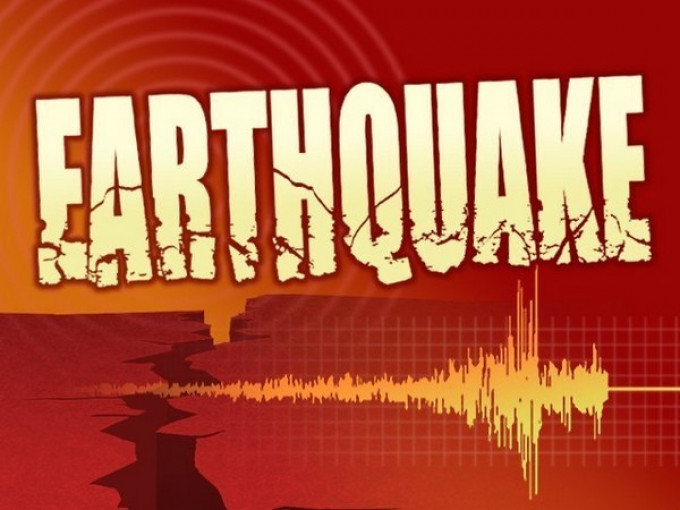Recalling the situation that the garbage of Kathmandu Valley has been managed in Sisdol in Nuwakot for a long time and currently it is being managed in Bancharedanda, the people's representatives said that this practice is not a long-term solution.
Chief Chiribabu Maharjan of Lalitpur Metropolitan City says that the central government should also pay attention to the fact that waste should be managed at the place where it is produced. "In the new law that is being made regarding waste management, there should be a clear provision on the level of the government's actions", he says.
The main suggestion is that there should be a clear provision in the law regarding the responsibility and coordination of waste management associations, state and local levels, the pattern of cooperation, how to do public-private partnership in this regard, household, institutional, industrial, electrical and post-disaster waste management and the responsibilities of the person who produces it, suggests Maharjan.
The people's representatives participating in the discussion also suggest that there should be a legal arrangement to manage the waste at the place where it is produced, as there will be a negative impact on the citizens of the 18 local levels of Kathmandu Valley.
On Tuesday, in the discussion of topics to be included in the new law on waste management organized by the Ministry of Federal Affairs and General Administration, the participating public representatives of Kathmandu Valley suggested to manage the waste at the place of production.
Similarly, according to the existing federal structure, Ghanshyam Giri, the head of Chandragiri Municipality, suggests that a new law should be formulated to suit the changed federal environment, including the role of the provincial government in waste management. He emphasized that the law to be made now should also include the question of the government's responsibility and effective implementation in terms of waste emission, collection, disposal and overall management.
Loknath Paudyal, chief administrative officer of Kathmandu Metropolitan City, says that the issue of disposal of waste at the place of production is an effective and strong basis for waste management. Chief Poudyal suggests that while making laws regarding waste management, it should be developed as a source of economic income. According to him, the classification of waste should also be clear in the law, where different types of lead, plastic, rotting waste, iron and hospital waste should be managed in different ways.
The subject of management of waste created from all sources including domestic, industrial and service sector, the subject of reducing the environmental pollution caused by waste and the negative impact on public health, the responsibility of the local government in the overall management of waste, cooperation between local levels and the subject of developing it as an economic resource are also included in the law. The focus of the participants was on what to do.
On that occasion, it was informed that according to the survey conducted by the Central Statistics Department in 271 municipalities in 2020, the percentage of organic waste in the garbage is 54 percent and only a few local levels have adopted the method of recycling and processing garbage.
In the same way, according to the study on identification of capacity needs of the local level conducted by the Ministry of General Administration in 2078, only 27 percent used the landfill site, 12 percent managed a branch or unit for waste management in the organizational structure, and 12 percent adopted the concept of public private partnership in relation to management.
According to the study, 49.4 percent of the municipalities took the lack of awareness among the citizens and lack of landfill site as the main challenges. Currently, the Waste Management Act 2068 is being implemented. In this regard, KAMPA has said that it has accelerated the work of location identification in order to manage the rotting waste in the valley itself.
KAMPA has stated that since there are many problems when transporting all kinds of garbage to the canal, they have increased their activity in identifying the location for effective long-term solution of the garbage. KAMPA has started this kind of practice in accordance with the plan of not managing harmful waste in Bancharedanda.
According to Naveen Manandhar, spokesperson of Kampaka, work is currently underway to identify the possible location. Under the leadership of Balendra Sah, head of KAMPA, work is being done to find a place in Chandragiri, Dakshinkali, Nagarjuna, Tarakeshwar and even Banepa outside the valley.
So far available land has 50 to 150 plants. Spokesperson Manandhar said that efforts are being made to find more suitable and less expensive land. KAMPA has allocated a budget of around one billion rupees for the current financial year to manage waste. "We are also talking with the heads of other local bodies in the valley, we are thinking of starting work as soon as we find a suitable location." He said. Kampa has also started the management of biodegradable and non-biodegradable waste.
READ ALSO:






1672397318_680.jpg)

